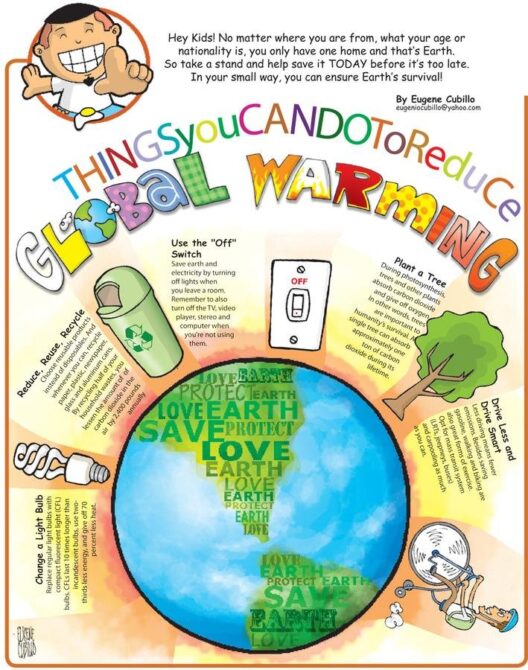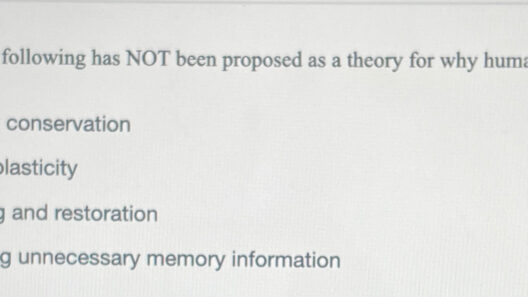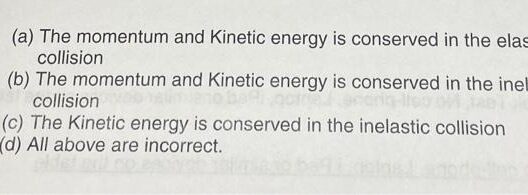Energy conservation is not merely a personal choice; it is an urgent necessity for the health and prosperity of our planet. As we grapple with the consequences of climate change, the role of conserving energy emerges as a cornerstone in our collective efforts to mitigate environmental degradation. Through reducing energy consumption, we can seamlessly decrease greenhouse gas emissions, preserve natural resources, and foster a sustainable future for generations to come. This article delineates the multifaceted benefits of energy conservation and illustrates how individual actions can lead to collective success in safeguarding our environment.
Moreover, the importance of conservation transcends individual inconvenience—it signifies a pivotal shift towards sustainability. In the following sections, we will explore the myriad advantages of energy conservation, the strategies to implement it in everyday life, and the broader implications it holds for environmental preservation.
Benefits of Energy Conservation: A Breath of Fresh Air for the Planet
At its core, energy conservation carries profound ecological benefits. By limiting energy use, we directly contribute to a reduction in harmful emissions released into the atmosphere. Fossil fuel consumption is a leading contributor to air pollution and climate change, unleashing carbon dioxide, methane, and other greenhouse gases. Each action taken to conserve energy results in a subsequent decrease in the demand for such sources, which in turn lessens the environmental toll.
In addition to combatting climate change, conserving energy also aids in protecting natural habitats. The extraction processes associated with fossil fuels—such as drilling, mining, and fracking—are increasingly invasive, often leading to disastrous ecosystem disruption. By embracing less energy-intensive alternatives, individuals can help minimize habitat destruction and preserve biodiversity.
Moreover, energy conservation paves the way for a more sustainable approach to resource management. Our planet’s finite resources—ranging from fossil fuels to water—are under immense pressure to meet growing energy demands. By prioritizing energy conservation, we can stretch the lifespan of these resources, ensuring they remain available for future use. This approach not only safeguards our environment but also promotes economic stability and resilience in the face of resource scarcity.
The Ripple Effect: How Individual Actions Contribute to Collective Change
The power of energy conservation is particularly evident when examining the ripple effects of individual actions. Each small choice—whether it’s switching off lights when leaving a room, using energy-efficient appliances, or reducing unnecessary travel—can accumulate into substantial societal impact. When individuals adopt energy-saving practices, the collective result can lead to significant changes in energy consumption patterns, ultimately influencing policy-making and corporate responsibility.
Furthermore, energy conservation fosters an environment of awareness and education. As individuals actively engage in energy-saving practices, they are more likely to share their knowledge and experiences with others. This dissemination of information can catalyze community initiatives that further promote sustainable practices while simultaneously enhancing social bonds grounded in a shared commitment to the environment.
Strategies for Conserving Energy: Empowering Choices for a Greener Future
Numerous strategies exist for individuals and organizations seeking to embrace energy conservation. Firstly, enhancing energy efficiency in homes and workplaces is paramount. Investing in energy-efficient appliances, upgrading insulation, and utilizing smart technology systems can drastically reduce energy consumption. These investments not only optimize energy use but also lead to considerable financial savings over time.
Moreover, re-evaluating transportation methods can yield significant conservation benefits. Embracing public transport, carpooling, or cycling not only reduces energy expenditure but also enhances air quality and decreases congestion. Electric vehicles (EVs) are also gaining traction as a cleaner alternative to traditional gasoline-powered cars, further aligning personal transportation choices with ecological responsibility.
Advocacy for renewable energy sources is another vital aspect of energy conservation. Supporting solar, wind, and hydroelectric energy initiatives shifts the focus away from fossil fuels, promoting a sustainable energy future. By investing in renewable energy either directly or through community-supported initiatives, individuals can help accelerate the transition to cleaner energy sources.
The Legislative Landscape: Policy Frameworks and Energy Conservation
While individual actions are crucial, systemic change is equally essential to foster a culture of energy conservation. Legislative frameworks at local, national, and international levels can significantly influence energy consumption patterns. Governments can incentivize energy-saving technologies through tax rebates, grants, and subsidies, making them more accessible to the general public.
Furthermore, policies aimed at reducing carbon footprints—such as carbon pricing mechanisms—can encourage both individuals and businesses to consider the environmental impact of their energy use. Collaborating with industries to establish stricter emissions regulations can help ensure that businesses are held accountable for their energy consumption practices.
In conclusion, the pivotal role of energy conservation in safeguarding our environment cannot be overstated. Each effort we make on an individual level reverberates through the fabric of our communities and beyond, creating a significant collective impact. Energy conservation not only curtails pollution and protects our planet’s precious resources but also fosters a culture of sustainability that is vital for future generations. As stewards of the earth, it is imperative that we all engage in conscious energy-saving practices, not only for our benefit but for the well-being of our planet and its myriad inhabitants. Together, through informed choices and shared responsibility, we can usher in a new era of environmental stewardship rooted in energy conservation.






